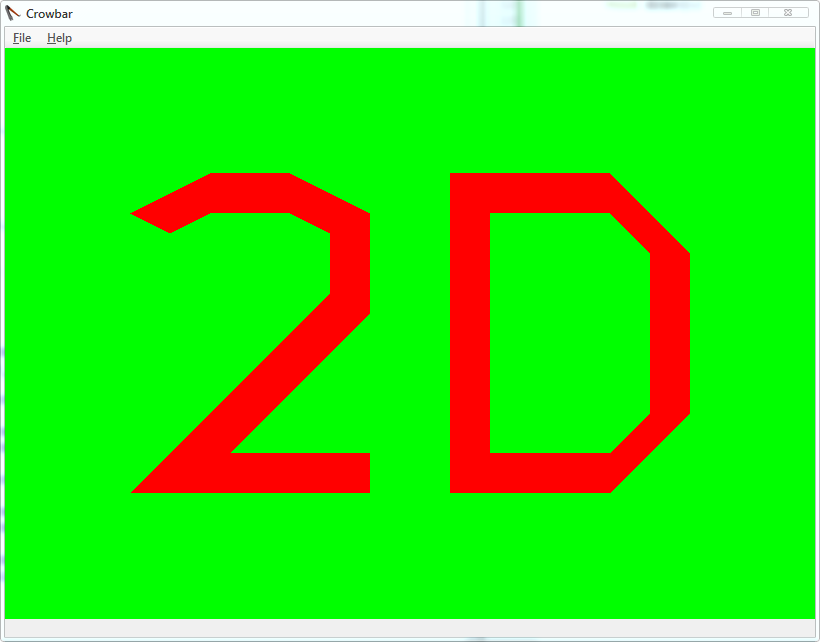I understand your point, but I think I'll be sticking with Qt widgets for a few reasons:
A. The code's already there, complete with signals/slots/events that I'd probably have to re-code if I did everything in OpenGL. It seems stupid not to use it just to save a few megabytes on executable size, plus re-coding would be a very large task.
B. I'm not sure it would fit with the tabbed UI people have been wanting. With the Qt controls, I can stick an OpenGL window into a tabbed window and let Qt deal with the docking, whereas otherwise I'd have to write up a whole tabbing mechanism to work within OpenGL as well.
C. I'm intending to make it easy to extend the editor with plugins, and Qt already has its own plugin system and extensive documentation.
A. The code's already there, complete with signals/slots/events that I'd probably have to re-code if I did everything in OpenGL. It seems stupid not to use it just to save a few megabytes on executable size, plus re-coding would be a very large task.
B. I'm not sure it would fit with the tabbed UI people have been wanting. With the Qt controls, I can stick an OpenGL window into a tabbed window and let Qt deal with the docking, whereas otherwise I'd have to write up a whole tabbing mechanism to work within OpenGL as well.
C. I'm intending to make it easy to extend the editor with plugins, and Qt already has its own plugin system and extensive documentation.



